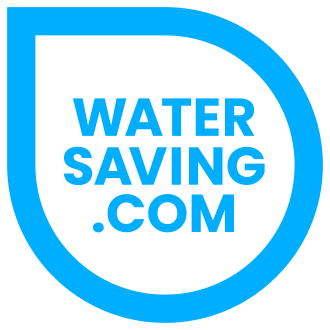One of the most effective ways to save water in industry is to improve production processes. Modern technologies and intelligent systems can help to significantly reduce water consumption.
Automation and sensors are real game changers. Intelligent control systems can monitor and adjust water consumption in real time so that only the amount of water that is actually needed is used. According to a study by the International Water Association, water consumption can be reduced by up to 30% using such technologies.
New technologies such as membrane filtration, reverse osmosis and electrodialysis also help to save water. These methods purify and separate water efficiently, reducing the need for fresh water. In the textile industry, for example, membrane filtration can reduce water consumption by up to 45%.
Another important step towards saving water in industry is the recycling and reuse of water. Recycling systems allow companies to use water several times before it is finally disposed of – this reduces fresh water consumption and minimises environmental pollution.
Circulation systems
Recirculation systems are particularly effective. One example is the so-called ‘Zero Liquid Discharge’ (ZLD) system, in which all waste water is treated and reused. This can reduce water consumption by up to 60-80%.
Legal framework conditions
In addition, many governments offer support programmes and subsidies to help companies implement water-saving measures. These programmes offer financial incentives to invest in water-saving technologies and processes.
Many countries have enacted strict environmental laws that regulate water consumption in industry. One example is the European Water Framework Directive, which obliges companies to take measures to reduce water consumption.
BASF: Circular economy in the chemical industry
BASF, one of the world's leading chemical companies, has implemented comprehensive measures to reduce water consumption. Thanks to recirculation systems and modern water treatment technologies, BASF is able to cover 80% of the water required through multiple utilisation.
Siemens: Efficient water utilisation in production
Siemens is pursuing a holistic strategy to reduce water consumption in its manufacturing processes. Thanks to recirculation systems and modern treatment technologies, Siemens has been able to significantly reduce water consumption in its production facilities. Digital solutions also help to monitor and optimise water consumption in real time.
Conclusion: Sustainability as a competitive advantage
Saving water in industry is not only good for the environment, but also makes economic sense. Companies that invest in water-saving technologies and processes can reduce their operating costs, increase their competitiveness and at the same time improve their image as a sustainable company. They also actively contribute to the protection of our valuable drinking water resources and support global sustainability goals.







